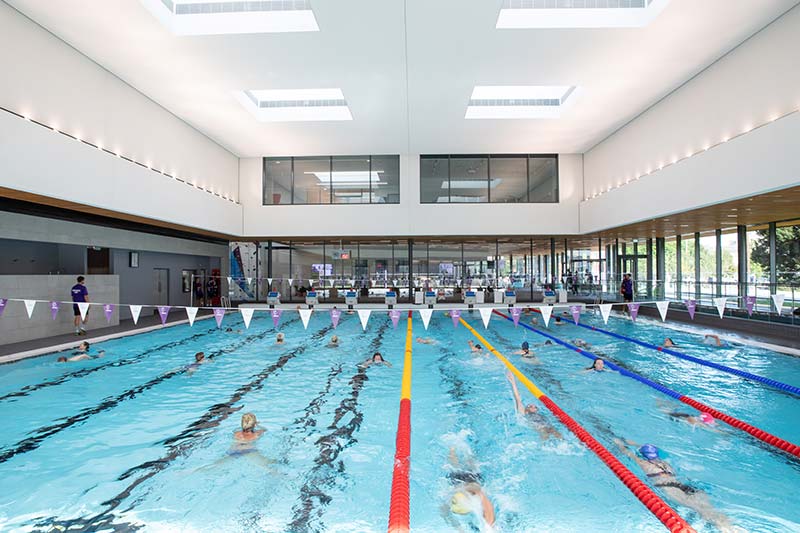Overview
Marine biologists are the first line of defence for our blue planet, and are crucial to enhance the ecology and environment of our oceans.
This BSc (Hons) Marine Biology degree, accredited by the Royal Society of Biology (RSB), will give you the skills you need to play your part.
With conservation projects and world class facilities on our doorstep, Portsmouth is the perfect place to begin a career as a marine scientist.
Course Highlights
- Work on active conservation projects – such as the Solent Oyster Restoration Project, the Solent BioHut project, the Isle of Wight UNESCO Marine Biosphere, and the Solent Seagrass Restoration Project – to gain first-hand experience of marine conservation
- Access the Solent European Marine Site with its wide range of environments through the Institute of Marine Sciences, our internationally renowned shoreside marine station
- Have the chance to go on a marine ecology field trip to Mexico, where you can work to preserve the mangrove forests, seagrass beds and coral reefs
- Get practical marine skills on our research vessels, including a large experimental raft, a 6-metre high-speed shallow draft launch for inshore work and a suite of sampling systems including dredges, grabs and nets
- Build experience on a one-year work placement, study abroad at one of our partner universities, and learn powerboating with the Royal Yacht Association (RYA) or PADI-certified scientific and technical diving
Careers and opportunities
Marine biology is the study of the organisms, plants and animals that make up the world's saltwater ecosystems. It's a vital area of science when it comes to protecting our oceans and seas - marine biologists aim to better understand marine environments and to investigate the factors that alter marine ecosystems, both natural and man-made.
On this BSc (Hons) Marine Biology degree, you'll learn about a wide array of marine organisms, from phytoplankton to cetaceans, and how to protect the oceans and their delicate ecosystems against the growing threats of climate change, habitat destruction and resource exploitation.
You’ll conduct fieldwork in a range of intertidal habitats, including rocky shores, estuaries, saltmarsh and mangroves, and become an expert in diverse and rich marine ecosystems, from coral reefs to the deep sea.
When you graduate, you'll be ready for a career in a range of marine science areas, such as conservation, resource management and aquaculture, or to pursue academic research, lab work, field work or policy making.
You could also continue your studies at postgraduate level. Many graduates go onto study MRes Science or MSc Applied Aquatic Biology.
Memberships
You'll also be able to apply to be a Registered Marine Scientist and you'll meet some of the academic requirements to become a Chartered Marine Scientist. And you'll be eligible to apply for Associate Membership of the Royal Society of Biology, which includes access to exclusive grants and awards.
What areas can you work in with a marine biology degree?
Previous graduates of this course have gone on to work in:
- post-graduate research
- coastal zone management
- environmental toxicology
- marine conservation
- aquaculture
- marine policy
- marine resource management
Graduate roles
Roles previous graduates have gone on to do include:
- lab analyst
- field technician
- agriculture supervisor
- radioactive chemist
- extraction scientist
- day yacht skipper
- watersports instructor
- biology teacher
















